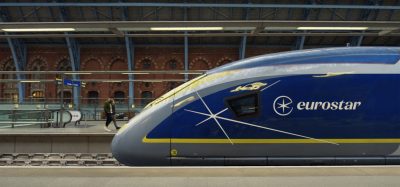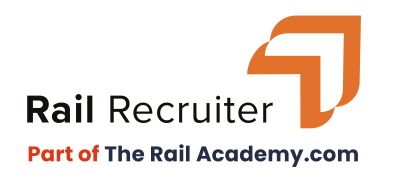UNIFE warns growth must be maintained to help EU meet climate targets
Posted: 4 February 2025 | Elizabeth Jordan - Global Railway Review | No comments yet
Supporters from across the European institutions and other key stakeholders alerted Europe could miss out on creating jobs and reducing transport emissions, if rail failed to secure significant EU funding as part of the new Multi-Financial Framework 2028-2034.


Members of Rail Forum Europe – the premier group of Members of the European Parliament (MEPs) who support the rail sector – reconvened in the European Parliament today in Brussels for the first time during the new legislative term.
Supported by UNIFE and hosted by MEP François Kalfon, the event focused on the current and future rail supply market in Europe, which was supported with key findings from the 2024 UNIFE World Rail Market Study, and the main challenges faced by the European Rail Supply Industry.
Attendees discussed whether ambitious EU Climate objectives can translate into expanded job creation and further growth of rail markets both in Europe and worldwide, as the EU faces pressure to boost growth and reduce transport emissions.
Francois Kalfon, Member of the European Parliament and TRAN Committee said, “The European rail sector plays a fundamental role in decarbonizing our mobility. We must support it financially and protect it from unfair foreign competition.”
With key changes to budgetary process and funding pots – such as the discontinuation of dedicated rail funding through the potential termination of the Connecting Europe Facility – expected, Parliamentarians expressed concern about the future of reliable and consistent rail funding, which is essential to delivering on TEN-T objectives.
Other key areas of funding discussed included maximising the impact of the Recovery and Resilience Facility, and ensuring rail has a dedicated focus area under the incoming EU Competitiveness Fund and Sustainable Transport Investment Plan.
The deployment of innovative rail technologies such as the European Railway Traffic Management System (ERTMS), the Future Railway Mobile Communication System (FRMCS) and the Digital Automatic Coupling (DAC) require consistent and reliable funding, as they play a key role in boosting signalling interoperability, safety, network efficiency and capacity across the European rail network.
According to the latest World Rail Market Study, Europe led rail market growth during 2021-2023, as the Western European rail industry grew by 7.3% per year and Eastern European rail industry grew 6.8% per year, underlining the level of job creation undertaken when rail was adequately supported via EU funding.
The global rail market is expected to grow by 3% annually in real terms for the rest of the decade according to the report’s forecast, with the average market size expected to reach €240.8 bn – up from €201.8bn between 2021-2023.
Enno Wiebe, UNIFE Director General declared, “While consistent, long-term funding is one element of achieving these goals, the European rail supply industry also needs simplified rules, predictability and a level playing field when it comes to tenders and public procurement. Further to this, we need to be ensured that the upcoming Clean Industrial Deal will support the rail supply industry.”
According to the European Environmental Agency, the transport sector is one of the largest sources of greenhouse gas emissions in the European Union, and has shown little progress in the reduction of emissions in recent decades, with Member States projecting that domestic transport emissions will only fall below their 1990 levels in 2032.
Related topics
Adverse Weather, Funding & Finance, Infrastructure Developments, Sustainability/Decarbonisation, Track Construction








